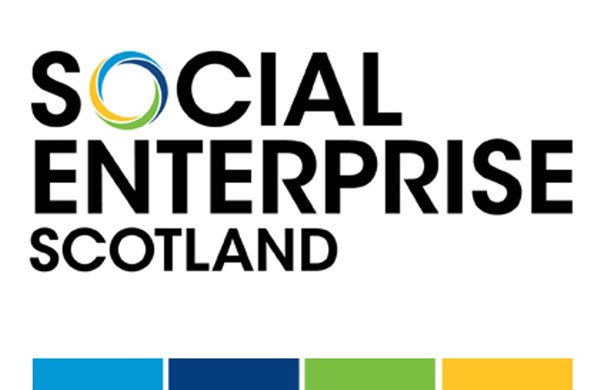
April 16, 2018; The Scotsman
According to Duncan Thorp, writing in The Scotsman, “the public profile of social enterprises in Scotland is the highest it has ever been. Many are now household names. Brands like Street Soccer Scotland, The Big Issue, Social Bite, The Wise Group, Kibble and GHA, alongside the rising stars of credit unions, co-operatives and social housing pioneers.”
Now Thorp is the policy and communications manager of Social Enterprise Scotland, so he’s not an uninterested observer. Still, even a cursory look at social enterprise in Scotland reveals some significant differences from US practice—starting, of course, with the inclusion of credit unions and co-ops as part of what the Scots consider the social enterprise movement.
A 2017 census conducted by the Scottish government found that there were 5,600 social enterprises in Scotland, up eight percent since 2015. These businesses employ over 81,000 Scots and generate £3.8 billion (about $5.45 billion) in annual revenues. The population of Scotland, at 5.4 million, is about 1/60th the US population. So, if US social enterprise were proportionately as large as it is in Scotland, it would employ 4.86 million people.
The Scottish census also finds that women lead approximately 64 percent of Scottish social enterprises. The average CEO-to-worker pay ratio is 2.5, with 95 percent of businesses maintaining a CEO-worker pay ratio of five or less, significantly lower than many US nonprofits. Like US social enterprises, the average Scottish social enterprise relies on a mixed revenue model; the census estimates that the average “self-sufficiency” ratio of a Scottish social enterprise is 70.4 percent, with the remainder mainly covered through grant funding.
Sign up for our free newsletters
Subscribe to NPQ's newsletters to have our top stories delivered directly to your inbox.
By signing up, you agree to our privacy policy and terms of use, and to receive messages from NPQ and our partners.
There are other differences. Definition is one of them. In the US, as NPQ noted just last month, just what counts as a social enterprise is often unclear. By contrast, in Scotland, Thorp’s association states clearly that “the term ‘social enterprise’ shouldn’t be confused with private businesses that simply operate in an ethical way” and the associations lays out clear criteria in its voluntary code of practice, which is cited in the government’s census report. These criteria are:
- A Social Enterprise (SE) is a trading business—selling goods and services—but whose primary objective is to achieve social and/or environmental benefit…
- Regardless of its legal form, the constitution of a SE will include the requirement that profits are reinvested in the business or in the beneficiary community—and not distributed to private owners, shareholders or investors.
- The constitution will always require that on dissolution, the assets of the SE are reinvested in another organization with similar aims and objectives. Taken together, Criteria 2 and 3 are referred to as the “asset lock”—the defining characteristic of a SE—which distinguishes it from the private sector.
- SEs are constituted and managed in an accountable and transparent way—particularly with regard to the community they serve.
- SEs are distinct from the public sector and cannot be the subsidiary of a public body.
Social Enterprise Scotland adds that, “The ethos of SEs in Scotland and the UK and the social economy in Europe has been heavily influenced by principles inherited from the Cooperative and Mutual movements—of common ownership and democratic governance.…Social enterprises should be able to show that they incorporate their communities of benefit and other stakeholders in their governance.”
The Scottish social enterprise movement is also politically ambitious in a way only rarely seen in the US. In his op-ed in the Scotsman, Thorp concludes:
Local councils, public bodies and private businesses should use procurement to support the social economy. Entrepreneurs should choose social enterprise over a traditional business model. This can all be achieved with the current enthusiastic support from government and all political parties at Holyrood [Scotland’s government building], as well as positive media influence. Social enterprise is part of a wider movement towards building a strong, sustainable and localized economy. One that places prosperity above nonsensical growth. From ethical, green businesses to the real living wage, flexible working, local currencies, basic income, pay ratios, community-owned land and buildings, cooperatives … tax justice and fair trade—all of these movements have the core aim of bringing long-term economic stability … It’s only by driving forward a social enterprise economy that we’ll achieve genuine wealth creation and long-term prosperity for everyone.
—Steve Dubb













